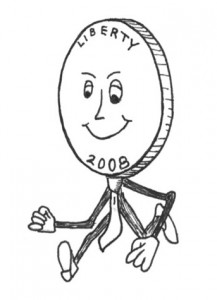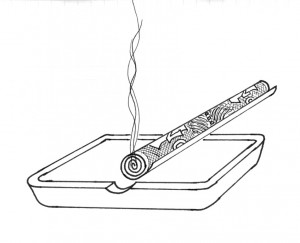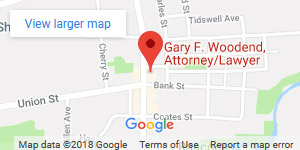Lesson Twenty-Eight — Independence Day
To me, independence is one of the key ways that I measure success. Not everyone values independence as much as I do. Some people, perhaps most people, need to be a part of something bigger in order to feel comfortable. To some extent, I do also, so long as I have some wiggle room. This chapter is about becoming financially independent by saving money, not necessarily by making money.
People are generally impressed by how much money one person or the other is making, or how many expensive things they have. What impresses me, however, is not how much they make, but how much they save. I have doctor and entrepreneur friends that make an enormous amount of money every year, but they have no savings. Their income has skyrocketed, but so has their lifestyle and expenses. At the end of the day, they have nothing left over but their toys in their garages and plenty of bills to pay. I often wonder why they didn’t stay with their old, simple lifestyle and save the rest. If they had, they would not have to work anymore. They could retire and go to the beach everyday.
I never really liked working for anyone but myself. In fact, I always tried to keep enough money in the bank so that if I lost my job, or decided to leave it voluntarily, I would have enough money to maintain my lifestyle for several months, actually a year or more. I call this walking money. This gave me a real sense of independence. If my boss gave me a hard time, I could tell him or her to go pound sand and walk away clean without suffering. That is because I saved as much as I could. For my co-workers who spent everything that they made, when their boss said jump, they had to ask, “how high?” If they didn’t, they might lose their job and be in big financial trouble.

This savings cushion, or “walking money”, can make a real difference in your life. When you get up in the morning every day to go to work, you do it because you want to, not because you need to. As a result, you will have a better attitude towards work than your co-workers do. You will be more confident, too. With self-confidence and a better attitude than your co-workers, you will be appreciated more by your employers, and generally get raises and promotions more readily than your peers. All the while, if you are disciplined enough to keep your lifestyle pretty much the same, you will be able to save even more money than before!
Saving money is fairly easy, but most people seem to have trouble doing it. The simple math is that you have to spend less than you earn. Be disciplined. Set goals for yourself. Create a reasonable budget for yourself. One of the biggest keys to saving money is to pay yourself first. In other words, put your savings aside first, and then live on the rest. If you spend first and try to save whatever is left over, there won’t be anything left over to save. All you have to do to save money is to spend less than you make. There is no other way. Remember, pay yourself first.
If you are having trouble with the self-discipline part, the key is to get the money in the bank somehow before you can spend it. Once it is in the bank, it becomes more trouble to get out, plus you get interest on your money. Usually a parent or another family member would be very happy to help with this. If you get an allowance, ask that some of it be deposited directly in the bank and the rest given to you for spending money. If you have a job, give your check to a parent to put directly in the bank. Sometimes, your employer can electronically transfer your paycheck directly into your account before you get your hands on it.
I often use this example with people who smoke cigarettes: If you gave up smoking one pack of cigarettes per day and saved that money instead, in ten years you would have saved yourself twenty thousand dollars with interest, not to mention saving your life as well.

The absolute worst thing you can do is to leave the money lying around your bedroom. If the money is easily accessible, it will be easily spendable and you will soon have nothing left and most likely, nothing to show for it.
Actually, leaving your money lying around the house is not the worst possible thing you could do. I just thought of something worse, credit cards. We’ll get to that in the next chapter.




